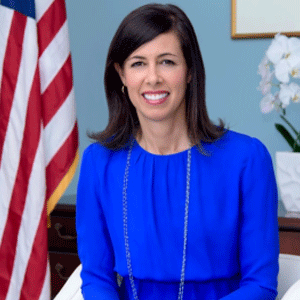Ochillo and Johnston point out that having a CBNL on a monthly bill is just as important as having access to that information at the original point of sale. They recommend standardizing the CBNL, as this would be the most effective way of ensuring broadband subscriptions are comparable across service providers. Furthermore, they have suggested that the FCC develop a glossary that explains key terms, which will make the CBNL more accessible for consumers who have no technical expertise.
However, ACA Connects, a group representing small and midsized broadband service providers, urged FCC to avoid 'extraneous requirements' for new broadband labels, claiming this would introduce ‘confusion’. The group believes guidance on ‘point of sale’ disclosures is sufficient and wants the FCC to reject calls to display labels on marketing materials.







